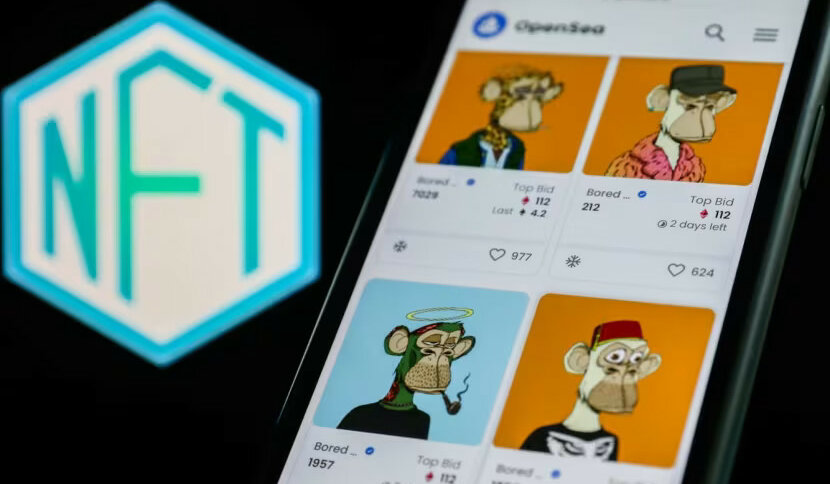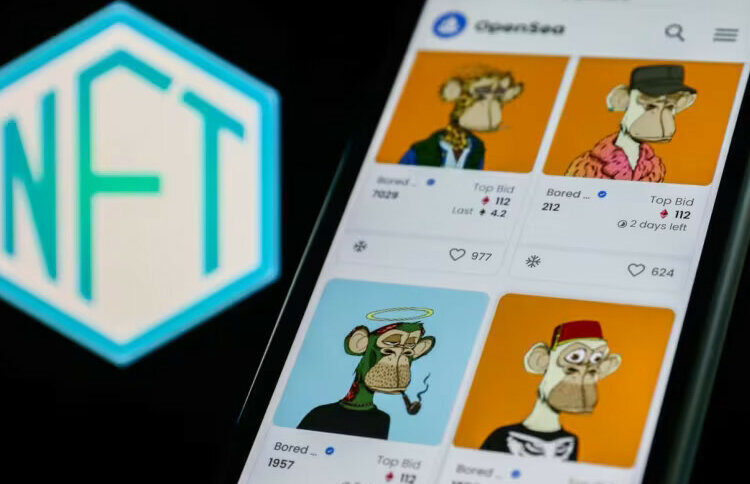
• Fan tokens are not guaranteed to have any intrinsic value.
• British MPs are accusing sports clubs of “exploiting fans” by selling them.
• The question comes down to perceived versus material value.
95% of non-fungible tokens (NFTs), often known in the sporting world as fan tokens, are useless, and mostly worthless. Don’t take our word for it – there’s science behind the pronouncement. But spending money on useless things is not, in and of itself, harmful. In the UK though, MPs are claiming that sports clubs issue fan tokens risk damaging their reputations by “exploiting fans.”
The Culture, Media and Sport Committee of the UK’s parliament has made the pronouncement, throwing shade on the whole nature of fan tokens and other non-fungibles.
There’s certainly advantage being taken, but that’s inehrent in the nature of fandom – the chance to own something special relating to the fandom, that’s ownable forever, is part of the thrill. So whether the fans know or care about the advantage being taken is a very ambiguous question – if the fan token has value to the fan who parts with money for it, how sorry should we feel for the fan?
New Financial Conduct Authority rules around crypto-investments mean firms must now display a warning telling people not to spend “unless you’re prepared to lose all the money you invest.”
Fan tokens – what’s the point?
Owning NFTs from a football club – digital fan tokens – can be thought of as certificates of ownership for virtual or physical assets, giving the fans who own them access to perks such as voting in fan polls or getting access to ticket ballots.
Frequently described as ‘digital membership collectibles,’ fan tokens can be bought and sold on a market, although the value has dropped considerably since their peak a few years ago.
That’s why, as with traditional NFTs, trading the tokens comes with a risk to value which can vary widely, for better or for worse, for richer or for substantially poorer.
The recent announcement of a Socios (a fan token company) partnership with Tottenham Hotspur sparked backlash from groups that said fan interaction with the club shouldn’t cost money, pointing out the risks of losing money through buying cryptocurrency.

A warning on the Socios website.
Maybe the (arguably minor) material benefit of owning a digital fan token is what’s protected them against any criticism until now. NFTs had their moment in the sun during and just after the pandemic. Businesses and artists were encouraged to create their own tokensas NFT prices soared.
But the moment didn’t last long, and huge monetary losses thanks to fluctuating prices were met with little sympathy online.
This dude in the wework is in shambles over his NFT bags right now lol pic.twitter.com/zESbIUdH43
— Joshua (@joshqharris) May 10, 2022
Now, MPs say “Clubs are promoting volatile crypto-asset schemes to extract additional money from loyal supporters, often with promises of privileges and perks that fail to materialise.”
Conservative MP Dame Caroline Dinenage continued that “Fan token schemes must not be used as a substitute for meaningful engagement with supporters.”
The Committee report added that “the unique relationship between clubs and fans means that fan speculation on sport-based crypto-assets carries a real risk of financial harm to fans and reputational harm to clubs.”
A Socios spokesperson said “fan token holders received more than 24,000 matchday tickets and over 1,000 items of merchandise last season, and continue to engage with their club in a unique new way.”
Are fan tokens just a cash grab?
It could also be seen as an easy cash grab. That’s what Kieran Maguire told the BBC large football clubs likely saw these crypto-assets as.
“A wave of optimism was created which underpinned and created speculative values for [them]. Then when people actually worked out exactly what the benefits were, they were pretty insignificant, and people started to look for an exit route,” Mr Maguire said.
In a similar tale of rise and fall, Formula 1 teams turned to NFTs as a way to engage fans and offer membership perks.
The Mercedes F1 team announced a series of NFTs in April 2022 with then-partner FTX – several months before several months before the exchange collapsed and its owner Sam Bankman-Fried was arrested.
Perhaps a little late to the game, the Culture, Media and Sport Committee also voiced concerns about the rise of crypto-assets in the arts, as Dame Caroline said “artists are at risk of seeing the fruits of their hard work pinched and promoted without permission.”

Via BBC News.
In August 2022, a British collector bought an NFT from Banksy’s website for £244k – which turned out to be fake. Again though… it’s a little bit satisfying to see someone spend that much on effectively nothing – the buyer doesn’t receive the actual artwork, or the copyright attached – and then get upset when they realize that what they’ve bought is, well, worthless.
Ultimately, the call from MPs is a key step in the landslide movement away from NFTs. There’s yet to be any material change as a result, but there may be soon – just a couple of years late.
The Committee also advised action against copyright infringement in the cryptocurrency market.

